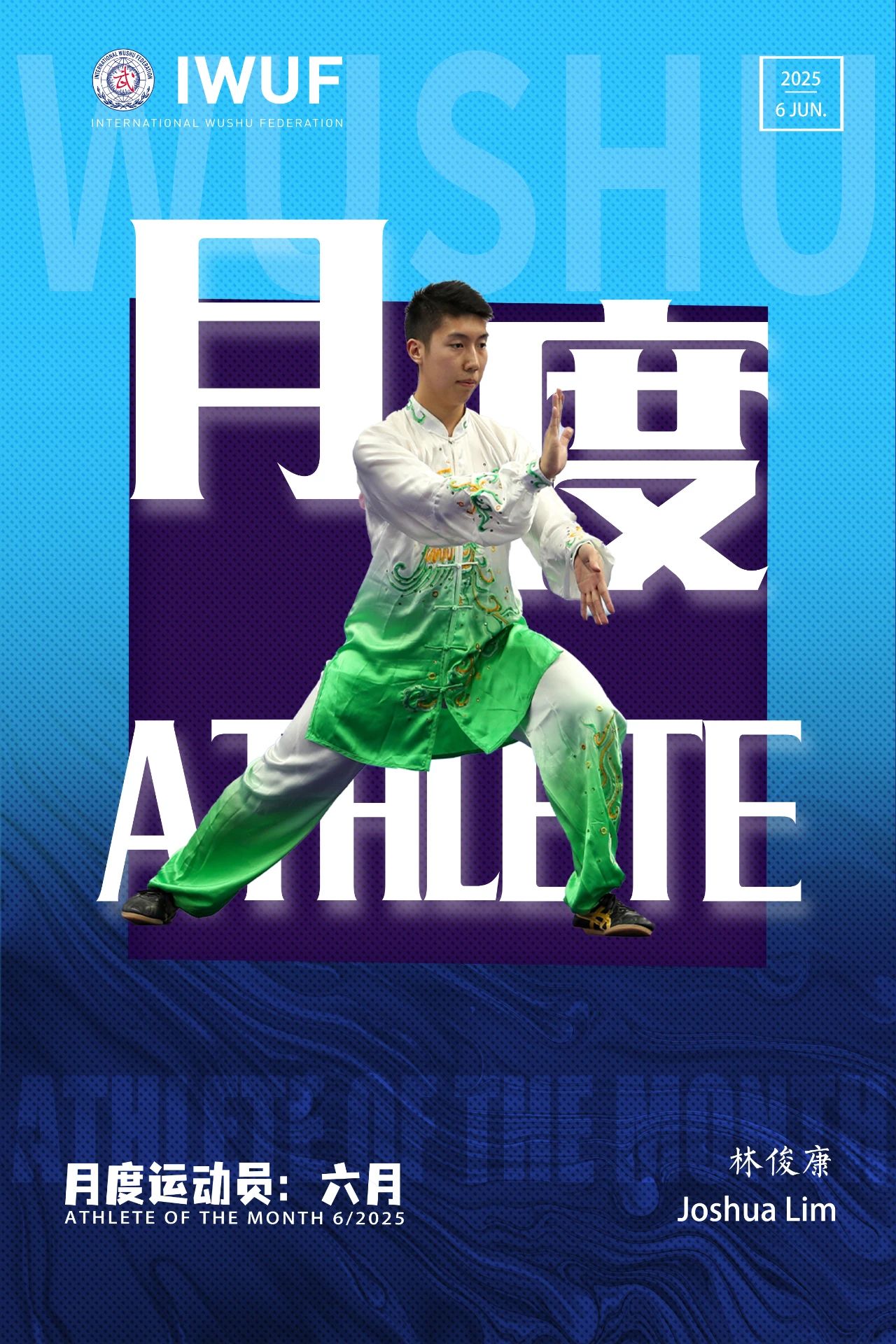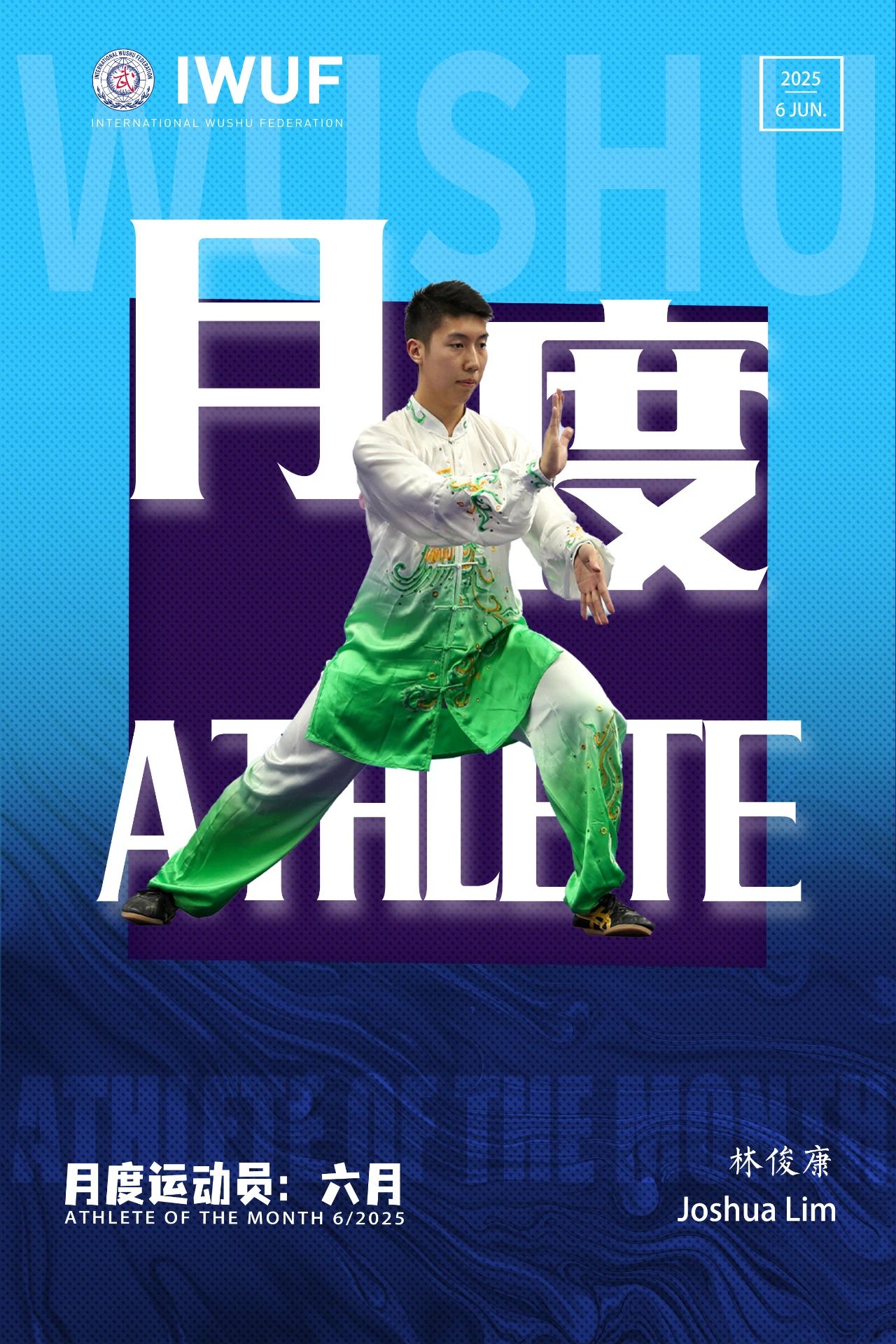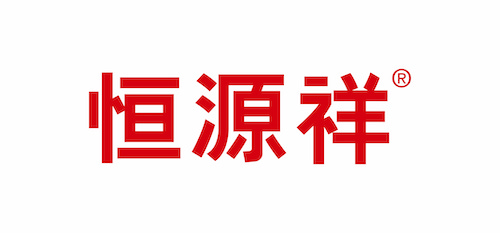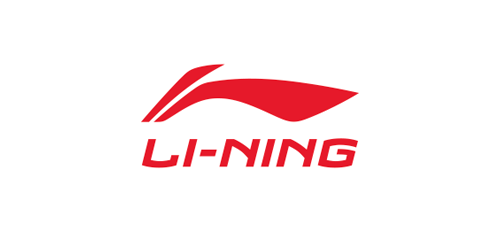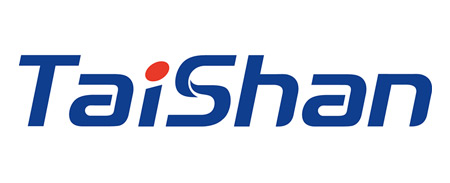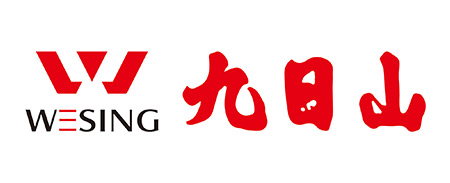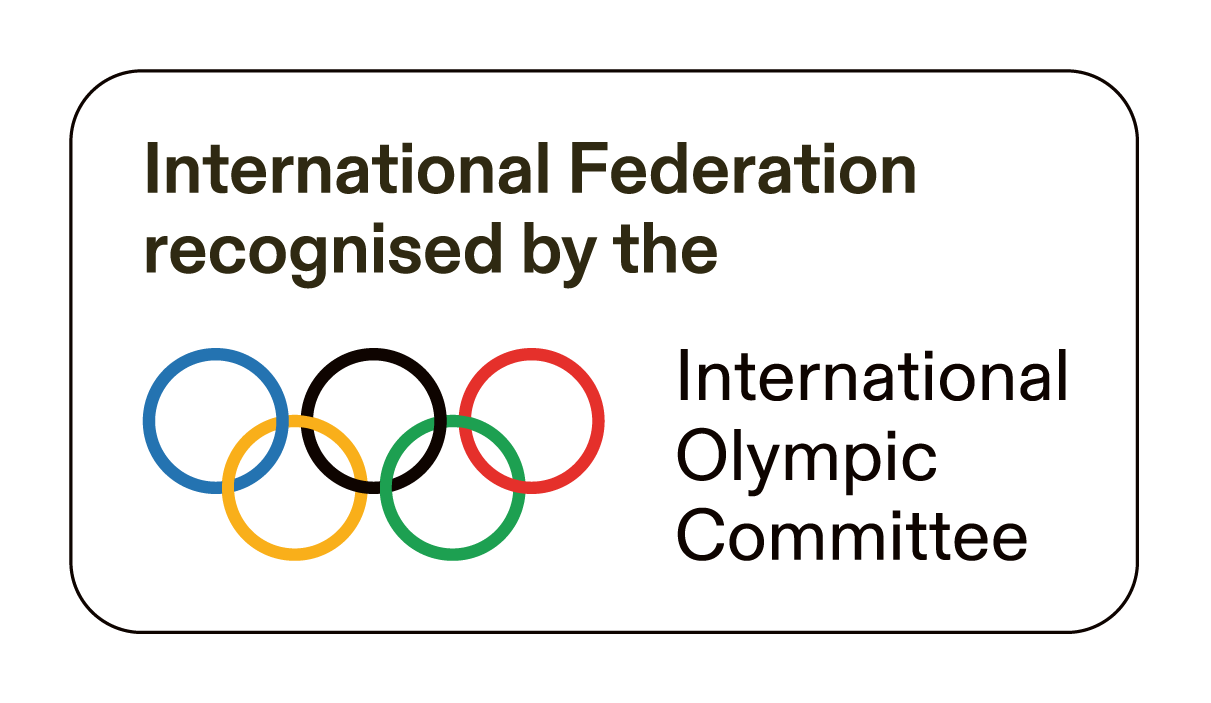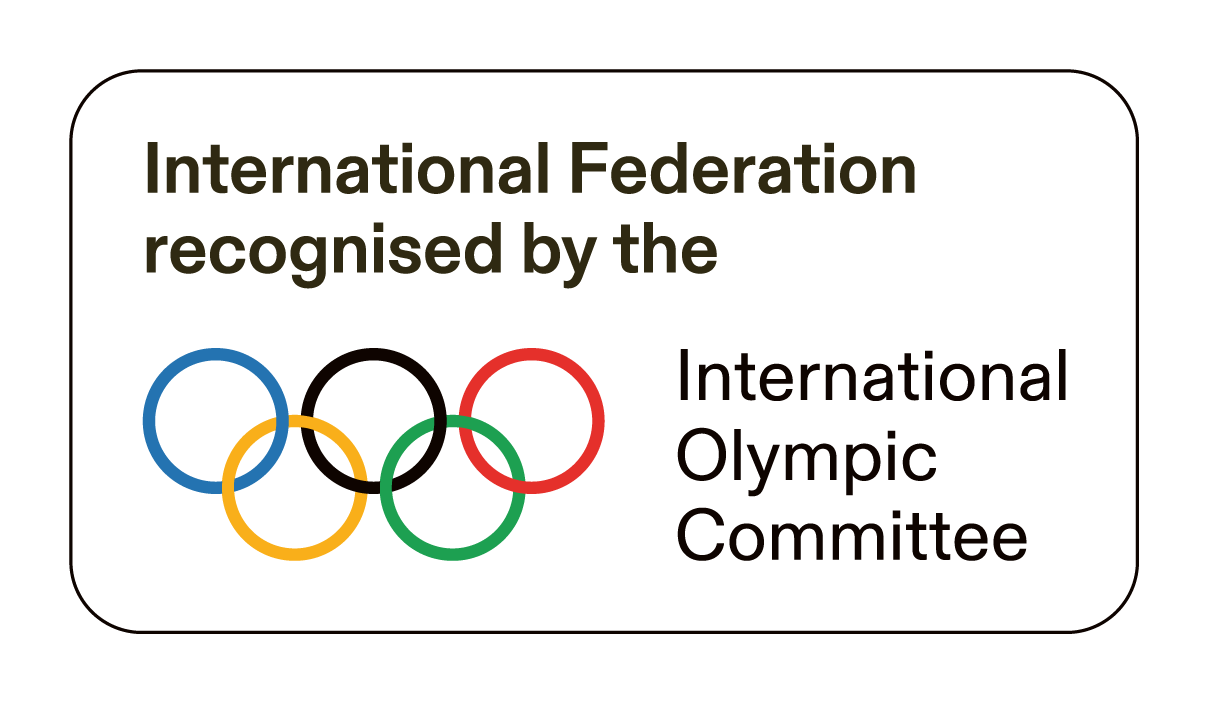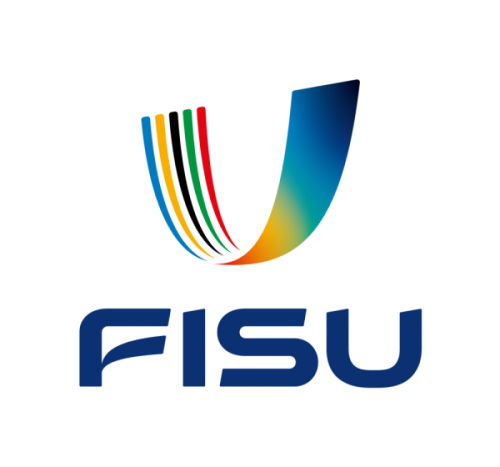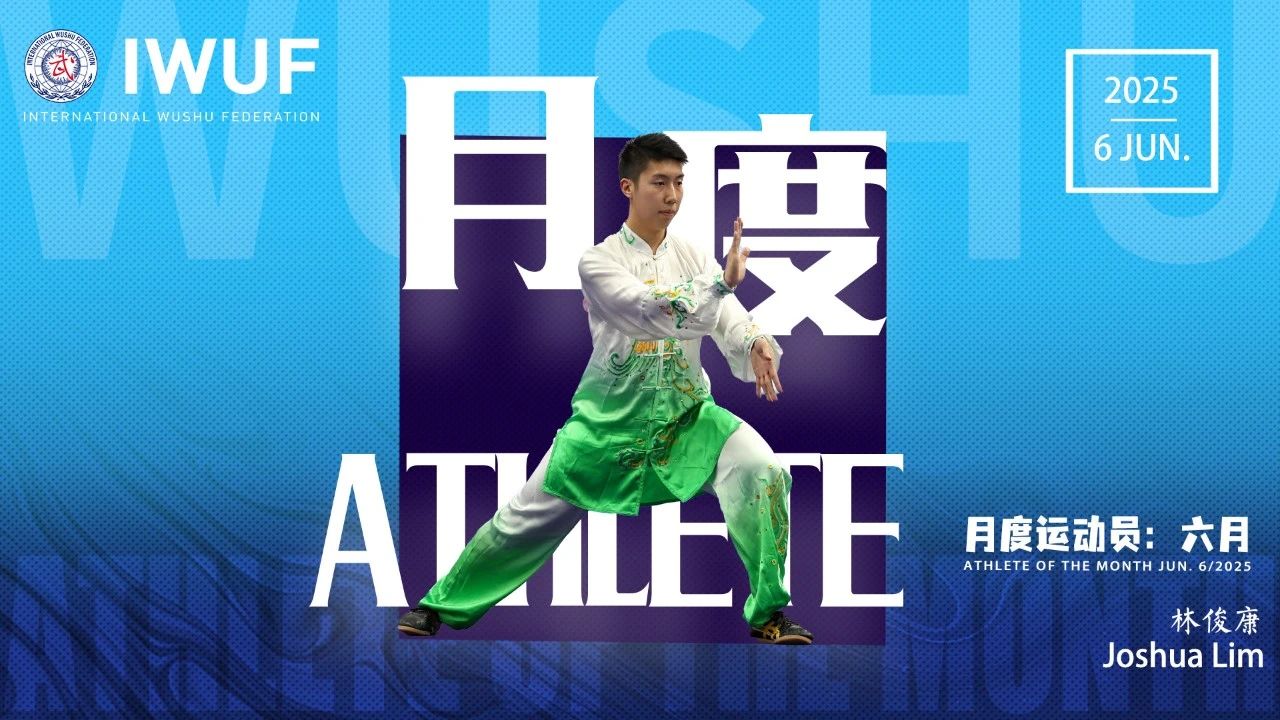
Joshua Lim’s wushu career began in 2006 in Perth, Australia where he started learning the Northern Shaolin style. At 13 he transitioned into taiji, and in the years that followed he continued his training and would compete at a state and then national level. Joshua’s debut international event was the 2008 World Junior Wushu Championships in Bali, followed by the 2012 World Junior Wushu Championships in Macao, China where he won Australia’s first ever taolu medal at a World Championship event, placing 3rd in duilian. He then joined the adult national wushu team in 2015 and has represented Australia at the World Wushu Championships and World Taijiquan Championships in 2014, 2015, 2017 and 2018. In 2018, Joshua ruptured his Achilles tendon, but with perseverance and gradual rehabilitation he returned to competition in 2024 and attended the 1st Brunei International Wushu Championship in Brunei Darusallam where he won third place in both taijiquan and taijijian.
Wushu Beginnings
Joshua Lim, 30, hails from Perth Western Australia. After being introduced to wushu by a friend, he started practicing the sport in 2006. He recalls, “That when he started the sport, Australia had not even competed internationally yet. Wushu was very much like what I saw watching TV shows as a child growing up, with things like Power Rangers, Jet Li and Jackie Chan movies.”
As he began his wushu career, Joshua started competing in traditional forms doing state competitions. “Then,” he says, “I started learning taolu routines and competing at a national level. My first wushu competition is hard to remember given how nervous I was. I was doing 24 Taijiquan, 32 Taijijian and B Group Gunshu. In my early days I was able to become state champion.”
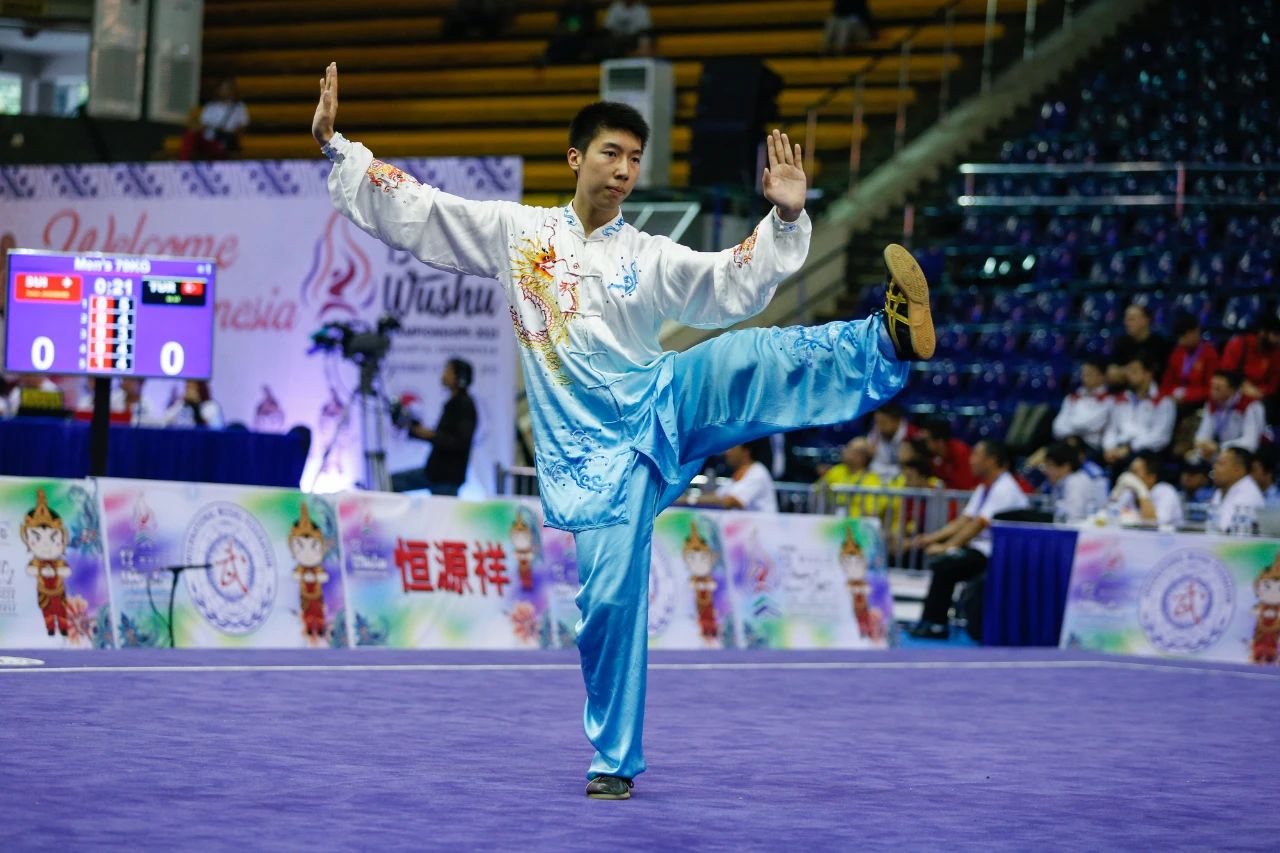
Transition to Taijiquan
“When I was about 13 years old,” Joshua recalls, “my coach had decided taiji was best for my personality and demeanor. I had not seen what taiji was really about so it was all very new to me learning the posture and having to slow down. It was not until I saw China’s athletes doing optional routines that made my jaw drop. In my early days I enjoyed taijiquan as I found it interesting from a self-defense perspective. I would say taiji suits me as I like to approach challenges calmly and in a controlled manner which taiji allows.”
“I got onto the Junior team in 2008 and 2012,” Joshua adds, “and onto the adult team in 2015. I’ve been an adult national champion since 2015. I think my biggest challenge was competition nerves -- which is very apparent when doing taiji where people can see you shake, and the embarrassment motivated me to train harder which built my confidence on the carpet over time.”
International Debut
Joshua’s international wushu debut was at the 2008 World Wushu Junior Championships in Bali, Indonesia. He remembers, “In 2008 it was the first time seeing wushu at the highest level for the junior categories and competing alongside taiji athletes my age. It was also the first time I had been deducted many times for swaying because of stage fright. The travel to Bali was interesting as it was my first time there trying to compete in different weather from that which I’m used to. The team was all athletes from my school. The competition was very well run and the opening ceremony was most memorable for me watching the Chinese National Team perform.”
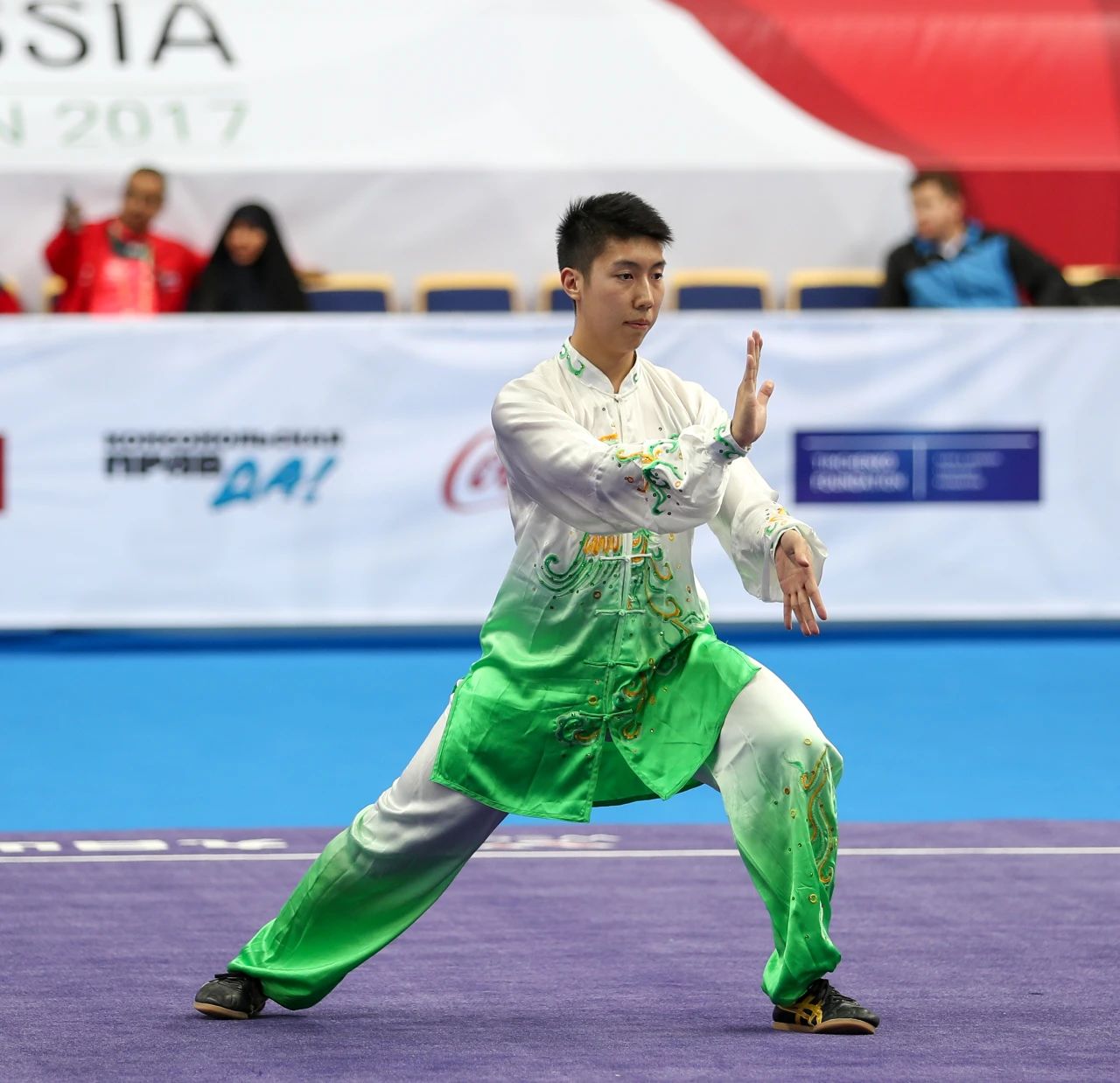
Australia’s First Taolu Medal
At the 2012 World Junior Wushu Championships in Macao, China a wonderful surprise was in store – Joshua and his partner won Australia’s first ever taolu medal at a World Championships, taking 3rd place in duilian. Joshua says, “I was more satisfied with putting on a good performance than I was getting the medal -- however the experience was still very special. Duilian is different. I think Australia performed the first taiji duilian at a World Championships event, so the taiji aspect was different, but having to coordinate with a partner is something you need to practice on top of your individual routines. With duilian you can have a little bit of fun with the choreography and acting out as a winner or as a person pretending to lose the fight. It was a surprise to everyone but we were happy to put Australia on the medal tally.”
Joining the National Wushu Team
Joshua joined the adult National Wushu team in 2015 and represented Australia at the World Wushu Championships and World Taijiquan Championships in 2014, 2015, 2017 and 2018. This series of events would markedly grow and mature him as an athlete. He notes, “Each of the championships felt exciting to prepare for as wushu takes you to many places and never the same place, which is very compelling. You also have to be prepared for the different weather conditions for the country at the time of the competition. Each competition you learn how the schedule works, and it becomes less unknown, and there comes to a point where all you need to focus on is warming up and performing your best. Each of these events was made special by the volunteers that worked so hard to support the teams logistically and ensure the competition ran smoothly.”
Joshua adds, “In 2017 I also attended the Summer Universiade in Taipei which was the biggest and probably most memorable event where you are walking amongst Olympic athletes from other sporting disciplines. This was the biggest ever event I have ever attended.”
Injury, Perseverance, and Return
Just as he was riding the wave, Joshua encountered what every athlete most dreads. In 2018 he ruptured his Achilles tendon, and suddenly everything changed. He remembers, “My Achilles tendon had ruptured fully on a cold winter day when doing a 540 Xuan Feng Jiao on takeoff where I was not able to walk after I landed. I was preparing for the 2018 1st World University Wushu Championships and competed in Taijijian in a moon boot. It was a very terrifying experience especially knowing that most athletes who had a ruptured Achilles tendon had immediately retired as a wushu athlete as it is quite a traumatic injury. I was scared of the same thing, but my coach assisted me through rehabilitation and had me continue coming to train, and focusing on training my upper body. My ankle will never be 100% but I have to get creative with how I work around it.”
Rehabilitation required perseverance and patience, and the Covid pandemic landed in the middle of Joshua’s recovery. However in 2024 he returned to competition at the 1st Brunei International Wushu Championship in Brunei Darusallam -- and won third place in both taijiquan and taijijian. “It is hard not to think that the injury is a handicap,” he says, “but it felt rewarding knowing that I pushed through training with it and it paid off.”
Wushu Life, Wushu Community
Joshua explains that he treats continental championships as he would international events. “It is always exciting to go to compete in a new location where adventures await,” he says. “The Oceanic community is not very big and COVID definitely made a lot of schools close down decreasing the size of the community.”
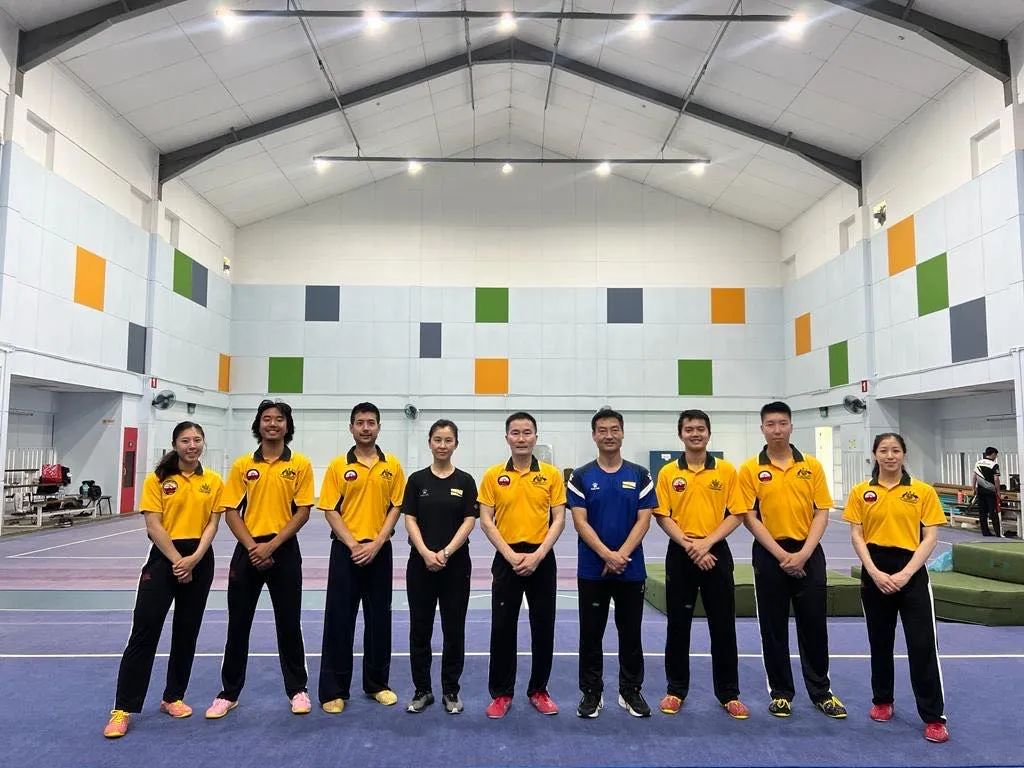
As for training and traveling to events with the Australian wushu team, Joshua says, “We all have our roles which lets us take advantage of our strengths to cover each other’s weaknesses. We make the trip as smooth and seamless as possible. We always celebrate outside of training by having a meal together. Off the carpet we have meals together when we can, as we are all working professionals/students. I keep in contact with other international wushu athletes through the likes of Facebook, Instagram and Wechat which makes it easy to keep up the friendships.”
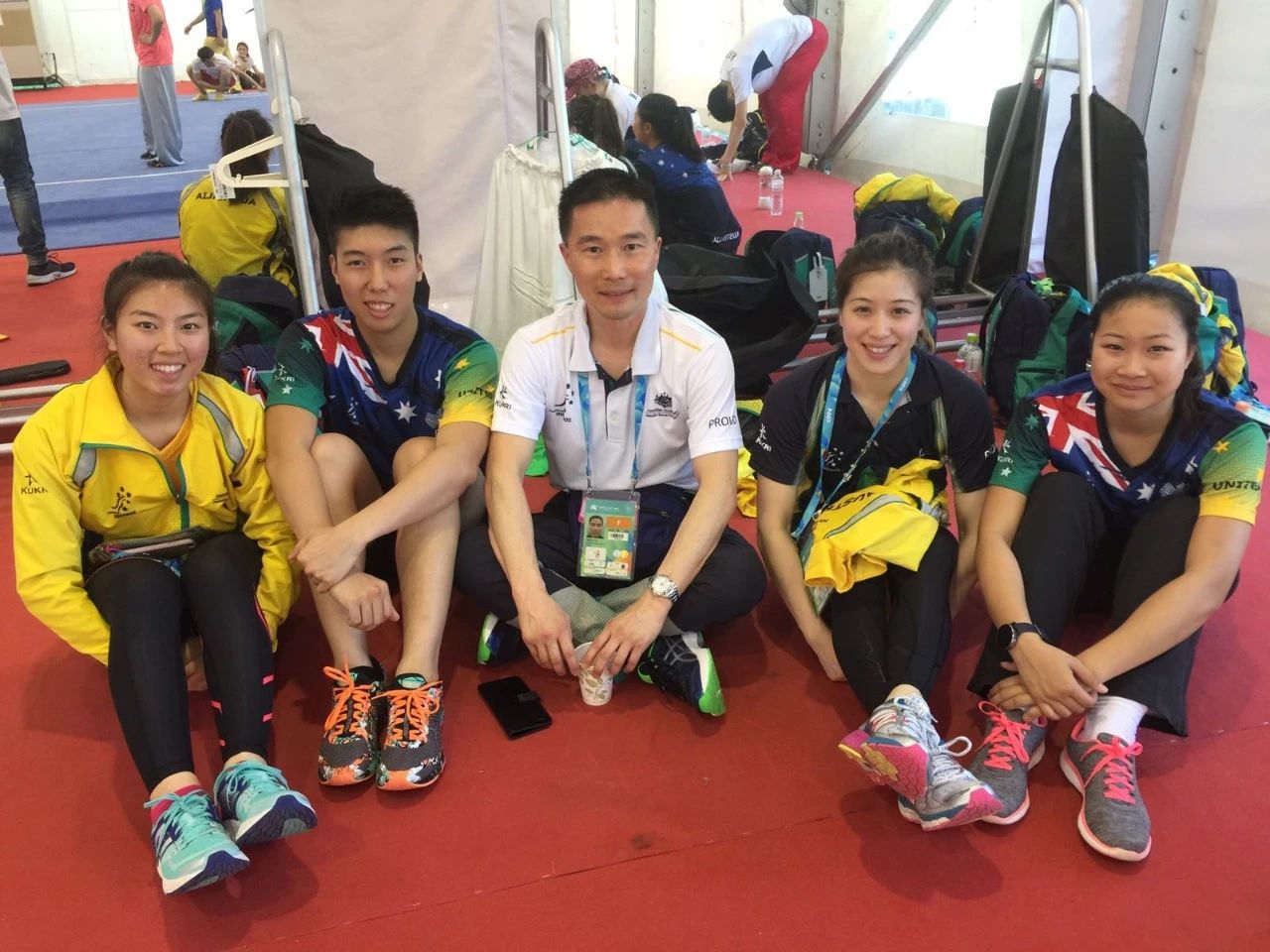
“The best part of being a wushu athlete,” Joshua adds, “is being rewarded for your efforts. My best experience in wushu was being named to the 2015 Australian National Wushu Team because you don’t get any higher than that. It was most rewarding as it was what I aspired to be as a junior athlete.”
“The biggest obstacle in my wushu career,” he says, “is that I am now a working professional trying to find whatever spare time I can to train. I work full time as a Work Health and Safety Advisor where I provide advice to my company to promote a safe working culture and comply with safety legislation. Depending on the job I may be away for up to 3 weeks at a time with only 1 week back to rest from work. My hobby other than wushu is to go fishing.”
Joshua continues, “My coach Dr. Kee Lee Tan has been a life mentor and has pushed me to grow and mature in my wushu career. My coach has been the one to instruct me to register for many events which were questionable at the time and I had to make it work, including the taiji duilian and when they had the Da Dao events in the 2015 World Wushu Championships. I have also trained in China and Brunei. It is always enjoyable to live and breathe wushu and make new friends. The feeling is stress free and unforgettable.”
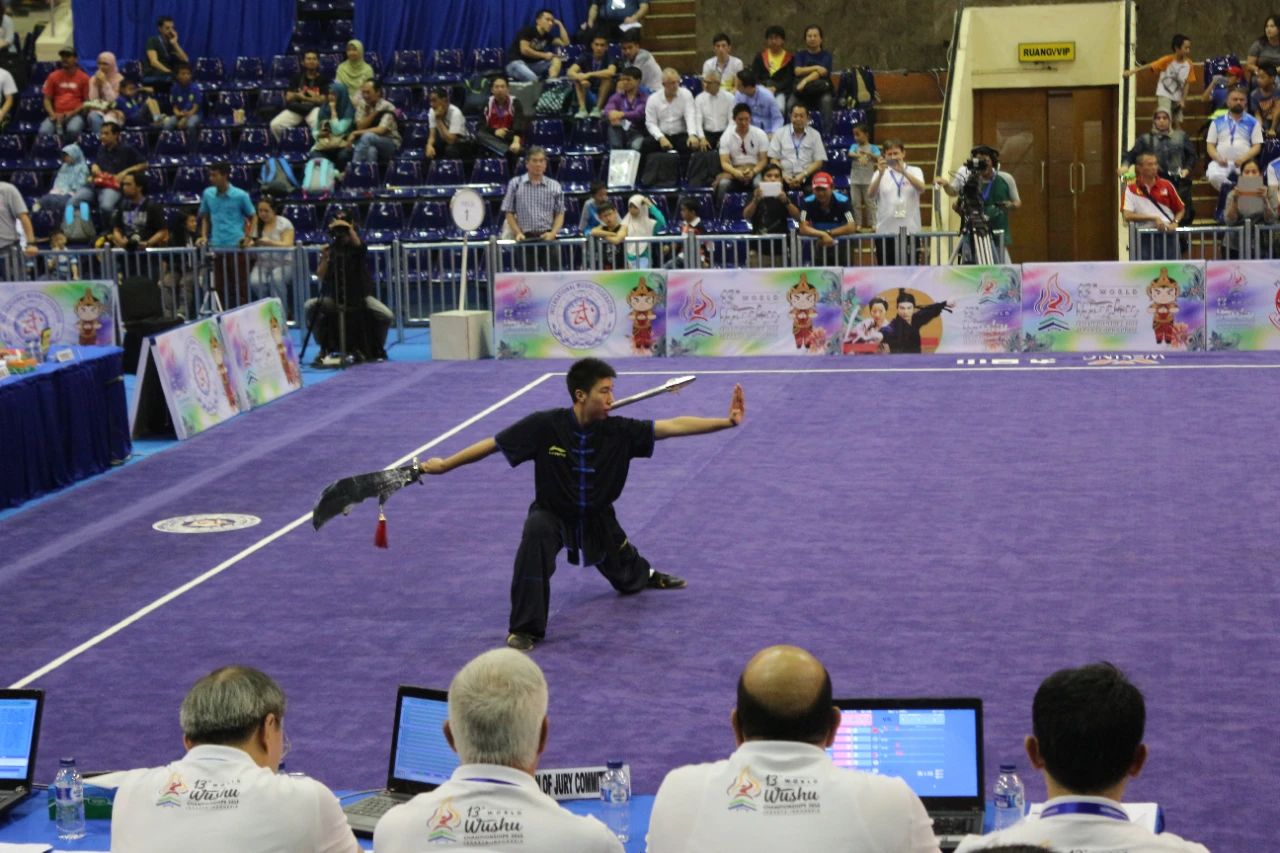
Future Goals in Wushu
Alongside his own training and competitions, Joshua also dedicates time to the Australian developmental program for wushu in the Youth Olympics, providing guidance and support to the next generation of athletes. He tells us, “Wushu has been a part of me for two thirds of my life, and given me an identity that I think has enhanced my professional career. My goals for the future are to ensure that the people I train with or teach do not get any traumatic injuries on my watch. I would like to hang around the scene whether it be as a Team Manager, Coach or even a Judge -- but we will have to wait and see how it plays out.”
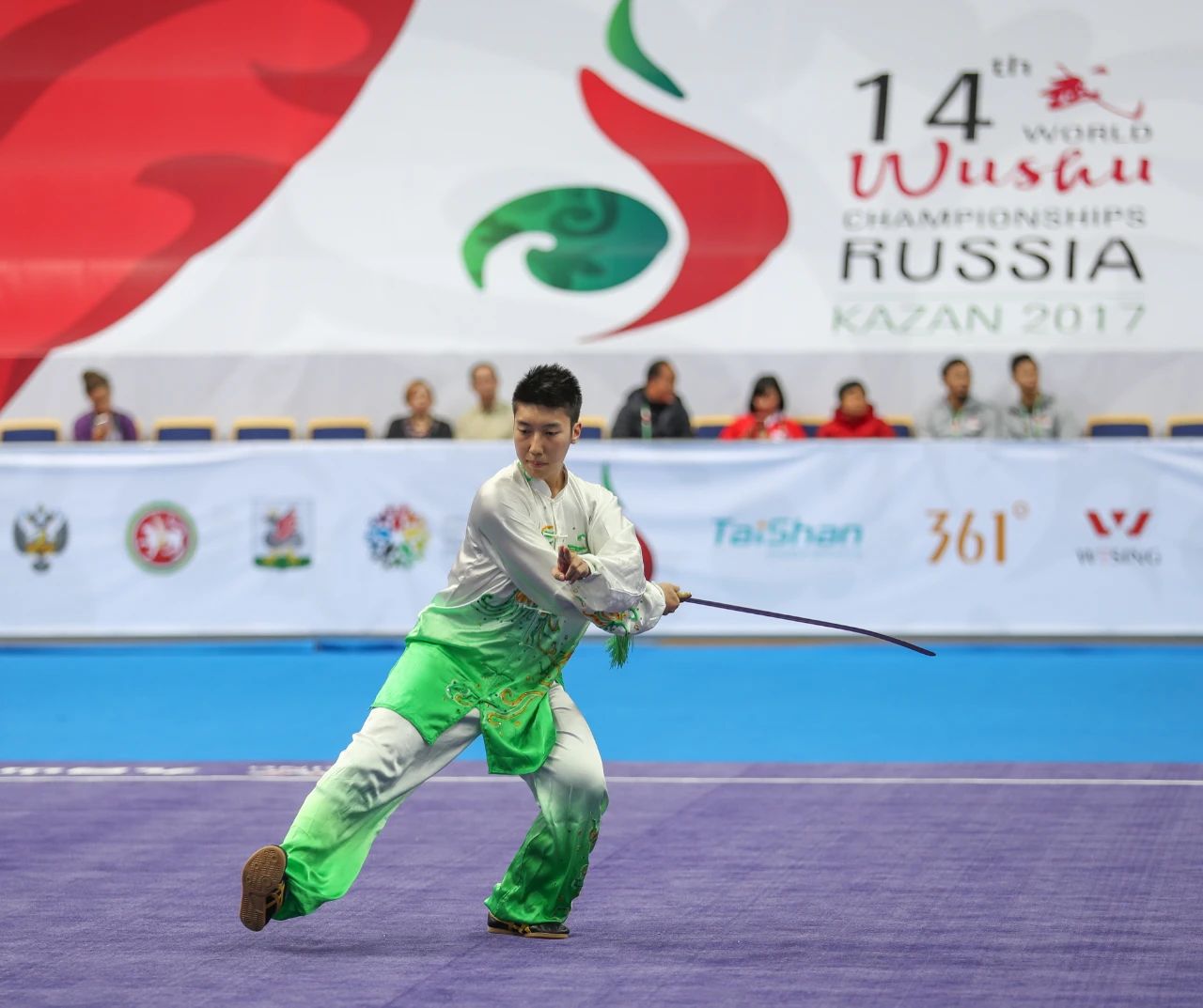
As for his plans to compete at the next World Wushu Championships in 2025 in Brazil, Joshua says, “I will be participating in the team trials and I hope to be able to take part on the Wushu Court in the next World Wushu Championships in Brazil. I very much look forward to the opportunity of meeting more people in the wushu world.”
